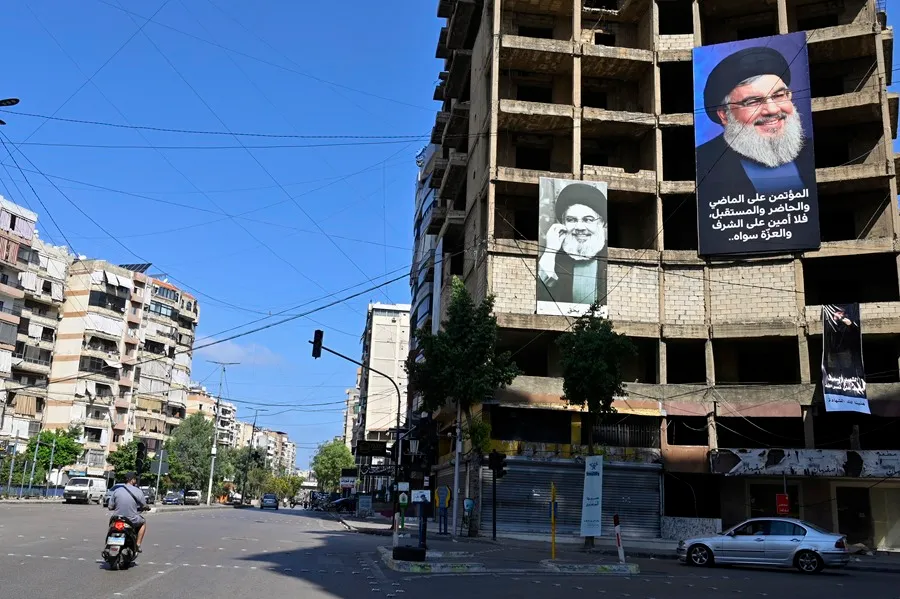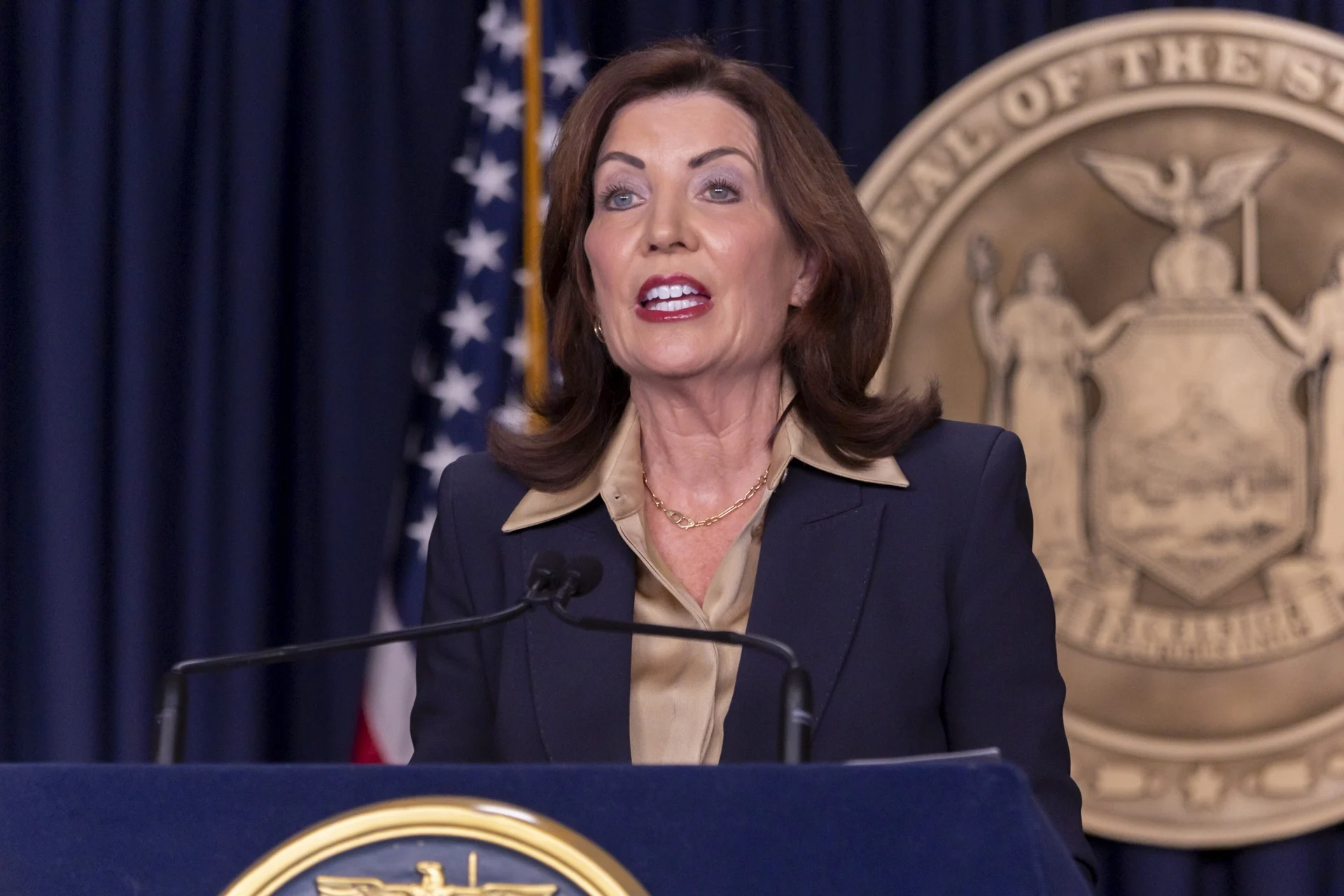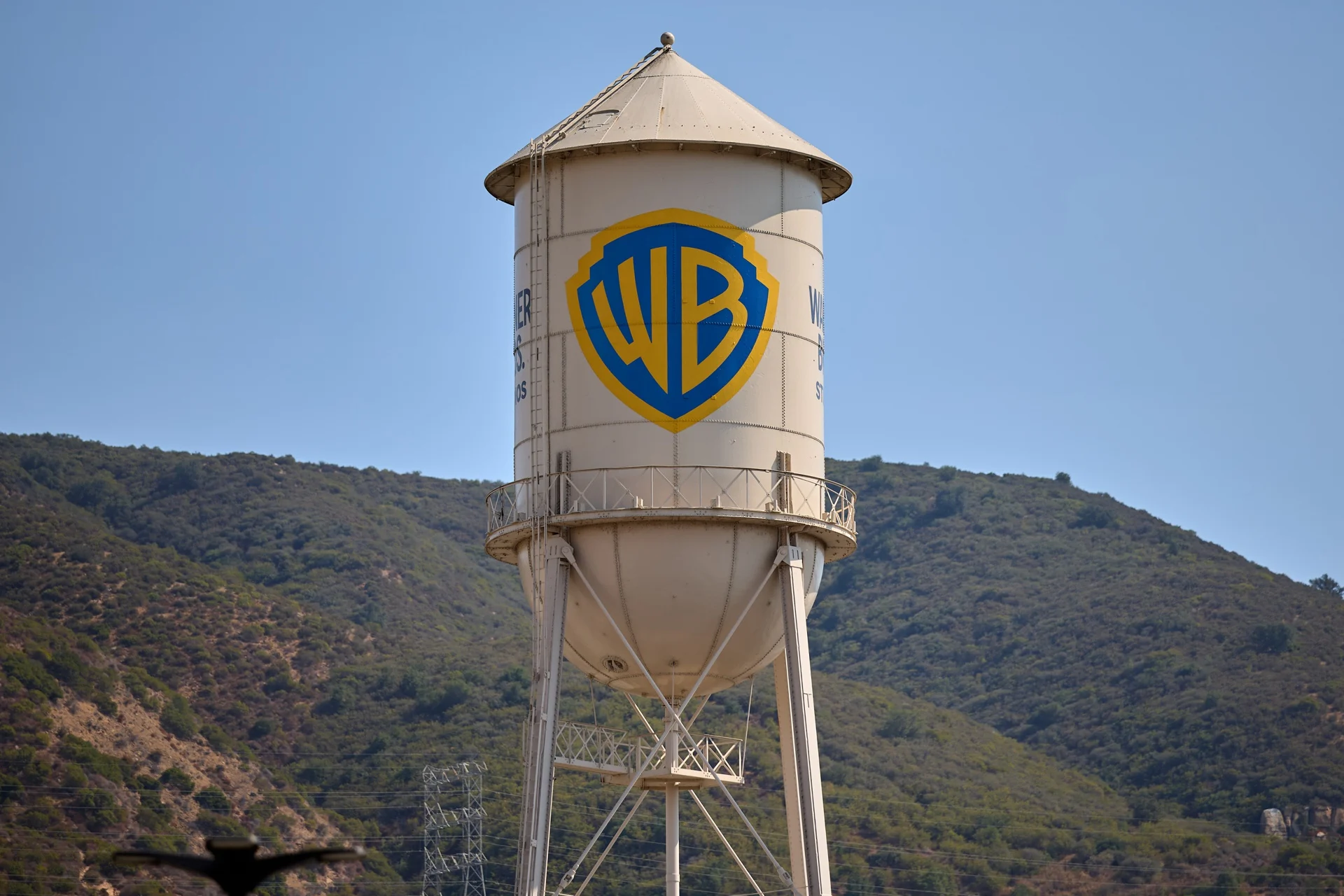International
Israel continues to shank the ranks of Hizbula as it counterattacks the Houthis in Yemen

Israel continued to bomb southern Lebanon and the southern suburbs of Beirut on Sunday, in addition to expanding the range of combat with a new bombing against the Yemeni port city of Al Hodeida, causing the death of at least four people and injuries to 40 others, according to a preliminary assessment.
“The Army carried out a precise attack in the Dahye area of Beirut,” a military statement said on Sunday. In this same area, and in the same way, yesterday Saturday, Israel killed Nabil Qaouk, commander of the Hezbulah Preventive Security Unit and in the last week, most of its military top.
As announced today by the Army, in addition to the top leader of Hizbulah, Hassan Nasrala, and its commander of the southern front, Ali Karaki, more than twenty members “of various ranks” died with them in Friday’s massive bombing in the suburbs of Beirut.
“These deaths do not mean the end of Hezbollah because it is deeply rooted in Lebanese society, but it does allow us to push them to the north of Lebanon and thus be able to create the conditions for the evacuated residents to return to their homes,” the military spokesman, Roni Kaplan, explained to EFE today.
Similarly, Miri Eisin, who served more than 20 years in Israeli military intelligence and heads Israel’s International Counterterrorism Institute, said today that despite being “very effective” attacks, they cannot yet be described as a “mate checkmate” against the Lebanese Shiite group.
“Israel still has immediate additional military threats to continue to deal with, despite the death of Nasralá, such as the arsenal and weapons of Hezbulah as well as all the tunnels” near the border, he added.
That is why, according to the Minister of Defense, Yoav Gallant, pointed out yesterday, the military corps is studying an “expansion of the activities” of the armed forces on the northern front, which could take the form of a land invasion, according to the Hebrew press, although of a very limited nature.
Karaki had already survived another air attack against the Dahye a few days earlier, when Hizbulah came out to deny information about his death that emerged from Israel and to affirm that his high command had “moved to a safe place” after the failed bombing.
At least part of the missiles fired that day fell in the area without exploding, according to Lebanese media.
Security sources cited by the Israeli press already described him then as the head of the group’s military activity in southern Lebanon and assured that he was also a member of the Jihad Council, the movement’s body in charge of security plans.
In the last ten days, Israel has launched several bombings against alleged targets of Hizbula in the southern suburbs of Beirut, the most serious the one that last Friday ended the lives of Karaki, Nasrala and other high-ranking officials not yet announced by the formation.
Israel attacks South Beirut again
Israel launched an air strike again this Sunday against the southern suburbs of Beirut, just 24 hours after confirming the death of the leader of the Shiite group Hezbollah, Hassan Nasrala, in a bombing on Friday against the Lebanese capital.
“The Army carried out a precise attack in the Dahye area of Beirut. More details will follow,” Israeli forces said in a brief statement.
This morning, the country announced the death of another senior official of the Shiite group, Nabil Qaouk, who was hit last night in an attack on the Dahye, a bastion of Hizbula and subjected to almost daily Israeli bombing since the beginning of the week.
International
New York Announces First 2,000 Seats in Universal 2-K Program

The Governor of New York, Kathy Hochul, and New York City Mayor Zohran Mamdani took another step today in their universal early education agenda by announcing the communities that will have access to the first 2,000 seats in the new 2-K program this fall — an initiative backed by a $73 million investment.
The funding is part of the $1.2 billion package previously unveiled by Hochul to strengthen child care and early childhood education across the city, one of the key campaign promises of the now Social Democratic mayor.
At the time of the announcement, the governor also outlined additional funds to reinforce the existing 3-K early education infrastructure, a program launched under former Mayor Bill de Blasio (2014–2021).
When the 2-K initiative was introduced in January, Mayor Mamdani explained that its first phase would offer 2,000 seats, with the goal of eventually expanding into a universal program — a commitment supported by the governor.
State investment in child care and preschool services is expected to increase to $4.5 billion by fiscal year 2027.
Among the first communities set to benefit from the 2,000 seats are Upper Manhattan and Inwood — areas with large Dominican populations — as well as Fordham and Kingsbridge in the Bronx, a borough with a Latino majority.
In East Brooklyn, Canarsie, Brownsville, and Ocean Hill will also be included. Meanwhile, Ozone Park and the Rockaways are among the neighborhoods that will see the rollout of the 2-K program.
International
Warner Bros. Developing First ‘Game of Thrones’ Movie With ‘Andor’ Writer

Warner Bros. is developing the first feature film based on the hit saga Game of Thrones, with Beau Willimon — screenwriter of Andor — attached to direct, according to a report published Tuesday by Page Six.
The project, currently in early development, will focus on the conquest of King Aegon I Targaryen. A separate television adaptation centered on the same historical storyline within the franchise is also in early stages at HBO.
However, the outlet noted that it remains unclear whether the film will move forward following the recent acquisition of Warner Bros. Discovery by Paramount Skydance.
If the merger is finalized, the movie could potentially be shelved, although that scenario appears unlikely given that the Game of Thrones franchise remains one of HBO’s most valuable and beloved properties.
After six seasons adapting the work of George R. R. Martin, the platform expanded the universe with House of the Dragon, a prequel series set 200 years before the events of Game of Thrones that explores the history of House Targaryen.
International
Spain’s Prime Minister to Address Nation Amid Trump’s Trade Threats

The Prime Minister of Spain, Pedro Sánchez, will deliver an institutional address this Wednesday at the Moncloa Palace regarding the escalating situation in the Middle East and recent threats directed at Spain by U.S. President Donald Trump.
The Spanish government announced that Sánchez will make a statement at 9:00 a.m. local time to outline his position on the latest developments following the U.S. and Israeli attacks on Iran.
Sánchez is expected to reiterate Spain’s reasons for opposing the use of U.S. military bases on Spanish soil in the operation—an action he has already described as being outside international law—while also expressing criticism of the Iranian regime.
Government sources indicated that the address had been planned prior to Trump’s remarks criticizing Spain’s stance. However, following those comments, Sánchez is now also expected to respond directly to the U.S. president’s statements.
Trump has threatened to “cut all trade with Spain” and said he wants “nothing to do” with the country after Madrid refused to authorize the use of the Morón and Rota military bases in southern Spain for operations against Tehran.
The U.S. president also labeled Spain “a terrible NATO partner” and warned that “no one” would tell him he could not use the facilities.
In response, the Spanish government stated that Spain fulfills its commitments to NATO and European defense. It also warned Trump that any review of bilateral trade relations must respect international law and the agreements in place between the European Union and the United States.
-

 International2 days ago
International2 days agoIran Reports 201 Dead, 747 Injured After U.S. and Israeli Strikes
-

 International2 days ago
International2 days agoPope Leo XIV Urges End to ‘Spiral of Violence’ in Middle East
-

 International4 days ago
International4 days agoTrump Floats “Friendly Takeover” of Cuba Amid Rising Tensions
-

 Sin categoría3 days ago
Sin categoría3 days agoTrump: ‘We Think It’s True’ Amid Claims Iran’s Supreme Leader Was Killed
-

 International3 days ago
International3 days agoSecurity Council to Hold Emergency Meeting on Middle East Crisis
-

 International1 day ago
International1 day agoBrazil’s Supreme Court Rejects Bolsonaro’s Bid for House Arrest
-

 International4 days ago
International4 days agoArgentina’s Senate Reviews Milei-Backed Labor Overhaul
-

 International1 day ago
International1 day agoAnti-ICE Billboard Campaign Targets Immigration Spending in 31 U.S. Cities
-

 International1 day ago
International1 day agoTrump Warns of ‘Major Wave’ of Attacks as Iran Conflict Escalates
-

 International1 day ago
International1 day agoMexico Calls for Immediate Probe After National Dies in ICE Custody
-

 Central America1 day ago
Central America1 day agoPanama Canal Monitoring Trade as Middle East Conflict Disrupts Shipping
-

 International1 day ago
International1 day agoBolivia Orders Three Investigations Into Deadly Military Plane Crash
-

 International4 hours ago
International4 hours agoNew York Announces First 2,000 Seats in Universal 2-K Program
-

 International4 hours ago
International4 hours agoSpain’s Prime Minister to Address Nation Amid Trump’s Trade Threats
-

 Central America4 hours ago
Central America4 hours agoGuatemala’s Attorney General Fails in Bid for Top Court Seat Amid Corruption Allegations
-

 International4 hours ago
International4 hours agoWarner Bros. Developing First ‘Game of Thrones’ Movie With ‘Andor’ Writer




























